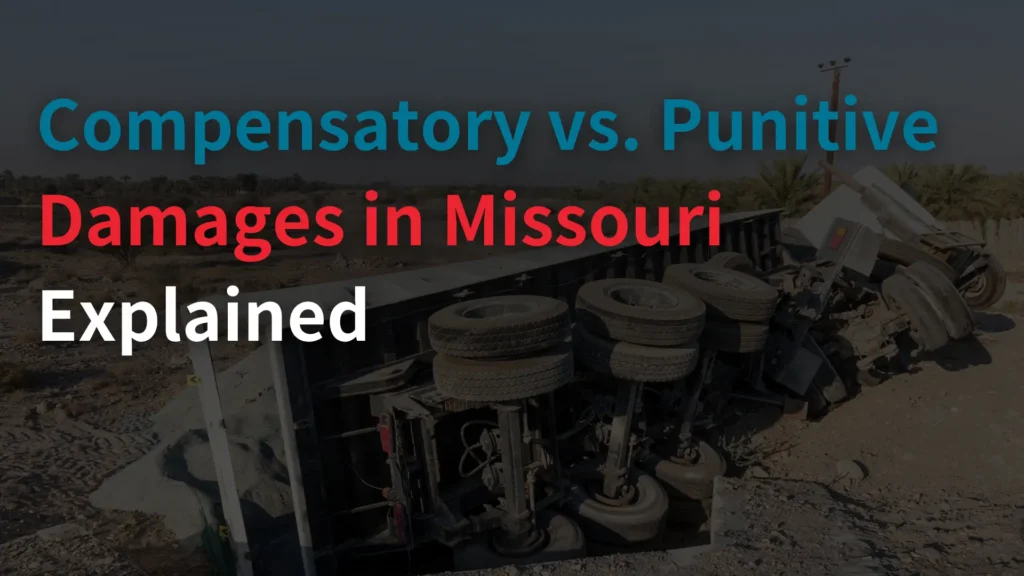The Tort Victims’ Compensation Fund (TVCF) is a special fund set up by the state of Missouri specifically to help people who were hurt in a personal injury incident but were unable to secure all the financial compensation they needed to pay for their damages.

If you’ve suffered injuries in an accident caused by someone else’s negligence, you have the right to compensation. This compensation may come through a personal injury settlement. Settlements represent the most common resolution for personal injury cases. It’s important to know how personal injury settlements work so you can maximize your compensation.
Doctors and healthcare professionals have a professional duty to fulfill: care for their patients by diagnosing problems and improving their health as much as is reasonably possible. Of course, some conditions are inherently difficult to diagnose, but when doctors fail to follow standard diagnostic procedures, patients suffer.
When you are filing a personal injury lawsuit, there are many legal terms that you will hear and need to understand. Two of those are bodily injury and personal injury. While they may sound similar, there are significant differences in their definitions and legal meanings.
If you are facing any type of paralysis following a personal injury accident caused by someone else’s negligence, you have the right to file a lawsuit for compensation. In addition to the physical repercussions, the resulting financial costs can be devastating.

If you got hurt because of someone else’s careless or wrongful actions, knowing the types of damages you can pursue in a lawsuit is crucial. The two main categories are compensatory damages and punitive damages. While both address harm, they have different purposes and are awarded under unique circumstances.